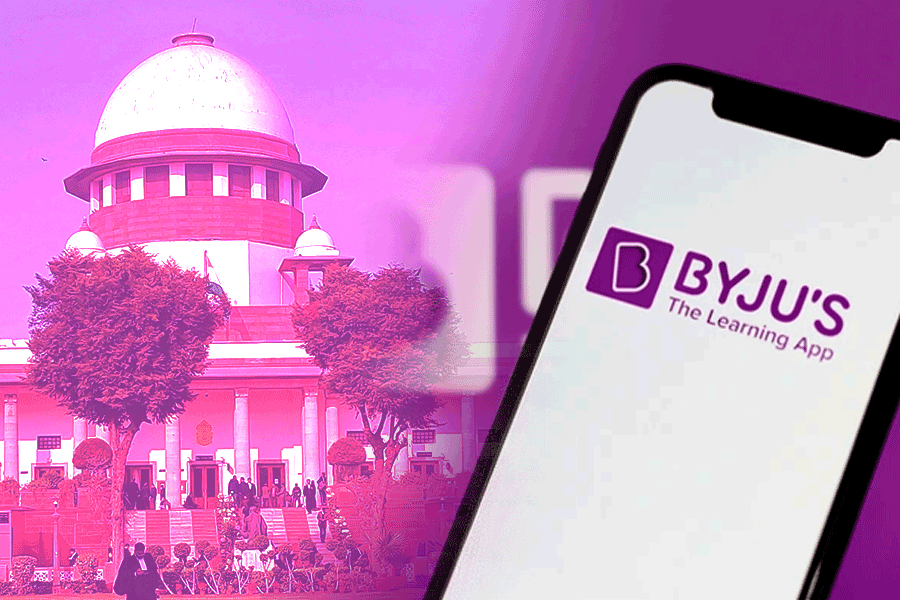The Board of Control for Cricket in India (BCCI) has sought the withdrawal of its insolvency proceedings against Byju’s at the National Company Law Tribunal (NCLT).
The latest move by the cricket body comes after a ruling by the Supreme Court in October that had set aside the National Company Law Appellate Tribunal’s (NCLAT) verdict quashing insolvency proceedings against the edtech firm.
The top court had directed the parties to again approach the NCLT.
The Bengaluru bench of the NCLT will take up BCCI’s plea on November 18.
The NCLT is already hearing an application to remove the insolvency resolution professional (IRP) made by Byju’s US lenders. The lenders have also called for a fresh panel of the committee of creditors (CoC).
On October 23, a bench headed by Chief Justice D.Y. Chandrachud had reversed the order of the NCLAT approving Byju’s ₹158.9-crore dues settlement with the cricket board. It directed the BCCI to deposit the settlement amount with the CoC.
The bench delivered its verdict on an appeal by US firm Glas Trust Company LLC against the NCLAT order.
Observing the NCLAT did not apply its mind while closing the insolvency proceedings against Byju’s, the bench ordered fresh adjudication in the case.
The NCLAT on August 2 granted relief to Byju’s by setting aside the insolvency proceedings against it after approving the settlement with the BCCI.
It had come as a big relief to the embattled edtech firm as it had effectively put founder Byju Raveendran back in control of the company’s operations. The apex court termed the NCLAT verdict “unconscionable”.
It also stayed the operation of the NCLAT order while issuing notices to Byju’s and others on the appeal of Glas Trust Company LLC, the edtech firm’s US-based creditor, against the judgement of the insolvency appellate tribunal. The court held that Glas Trust had the right to intervene.
“The appellant raised detailed objections before the NCLAT to the source of the funds for the settlement (with the BCCI) and a reasonable apprehension that there was round tripping of funds,” the court said.










